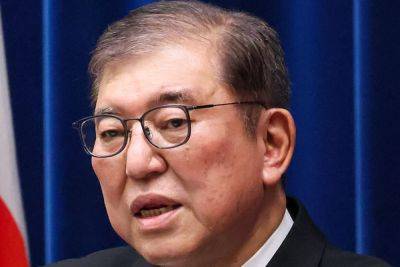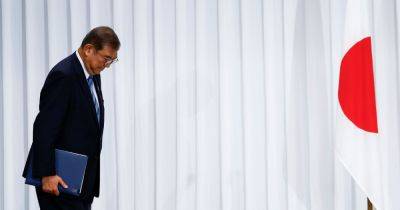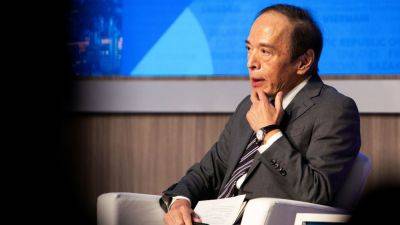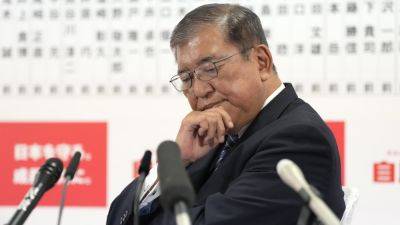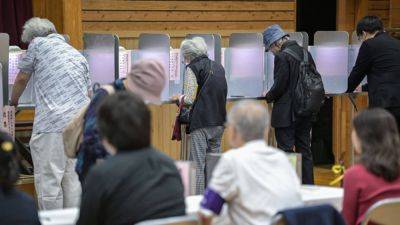Japan's political instability could cloud economic policy, herald 'revolving door' of prime ministers
Japan's government will be in a weaker position to deal with challenges facing the country, after the ruling Liberal Democratic Party failed to secure a majority in the lower house election on Oct. 27.
Voters delivered a "harsh judgement" to the LDP, in the words of Prime Minister Shigeru Ishiba.
Following that result, parties have 30 days to try to form a coalition government and pick a prime minister. It's still unclear what the exact makeup of a coalition government could look like, clouding the outlook for both economic policy and Ishiba's fate.
William Pesek, author of the book Japanization: What the World Can Learn from Japan's Lost Decades, told CNBC's "Squawk Box Asia" that it's likely Ishiba and the LDP will still manage to bring together some kind of coalition government.
"But it will be a very weakened government, and there are a lot of challenges that lie ahead, least of which is a Trump 2.0 presidency, perhaps," he said.
Damian Thong, head of Japan equity research at Macquarie Capital, wrote in a note that "we will be watching to see whether Ishiba can shore up his position, and create a stable coalition that can support coherent policy."
Thong expects the overall policy status quo to persist even under a coalition government, noting that common ground policies will be easier to enact such as investment in renewables, regional investment, and further social spending and tax cuts.
Thong predicted there will be no significant changes to the country's defense policy, although he pointed out that "a major increase in [defense] exports may be challenging."
In late 2023, Japan, under then Prime Minister Fumio Kishida, made a revision to its guidelines for selling defense equipment overseas, allowing the country to export


